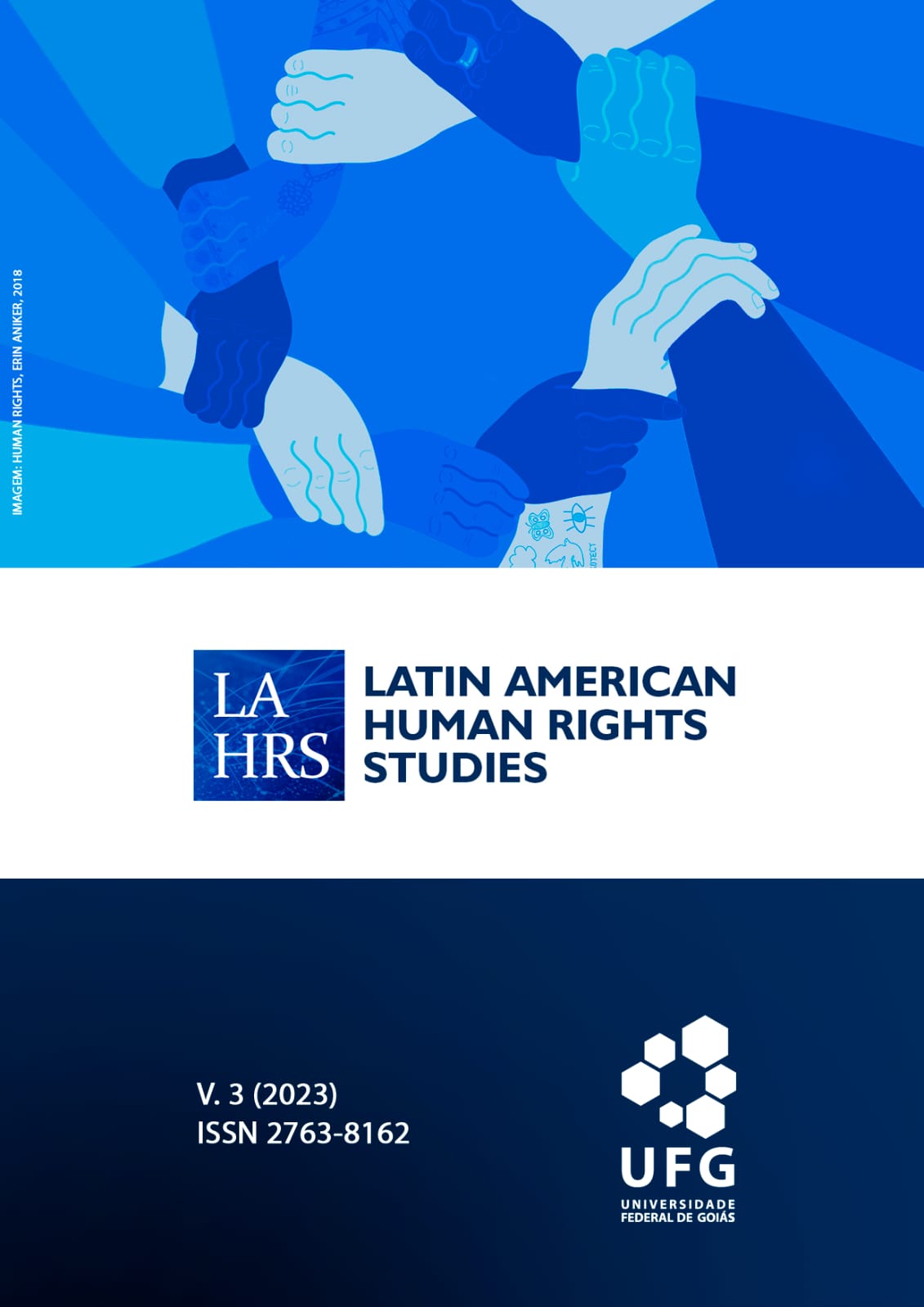The Relevance of Human Rights Education in Uruguay: Leaving No One Behind
Mots-clés :
equality, right to education, human rights education, Uruguay,, CEDAW,, National Plan for Human Rights EducationRésumé
In times of uncertainty due to the social and economic crisis generated by the COVID-19 pandemic, affirming the commitment to the validity of the right to equality is an urgent and unpostponable task. Within this framework, the right to education and education in human rights become pillars on which the opportunity to emerge from this crisis, which has intensified since March 2020, can and should be based. Human rights education "actively seeks to create a culture of human rights, understood as a worldview where human rights are understood and respected as regulatory guidelines for social coexistence" (Rodino, 2019, 83). With this framework and with a special emphasis on Uruguay, this work reflects on: (i) the pandemic and the right to education at risk; (ii) the human right to education, its protection and monitoring within the universal system of human rights protection, with a special emphasis on the intersection of education and gender; (iii) human rights education in Uruguay, so that no one is left behind; (iv) and finally, some concluding reflections are presented.
Téléchargements
Publié-e
Numéro
Rubrique
Licence
© Latin American Journal of Human Rights 2023

Cette œuvre est sous licence Creative Commons Attribution 4.0 International.
CC BY (Attribution 4.0 International): This license allows reusers to distribute, adapt, and build upon the material in any medium or format, so long as attribution is given to the creator. The license allows for commercial use. See the full license.


